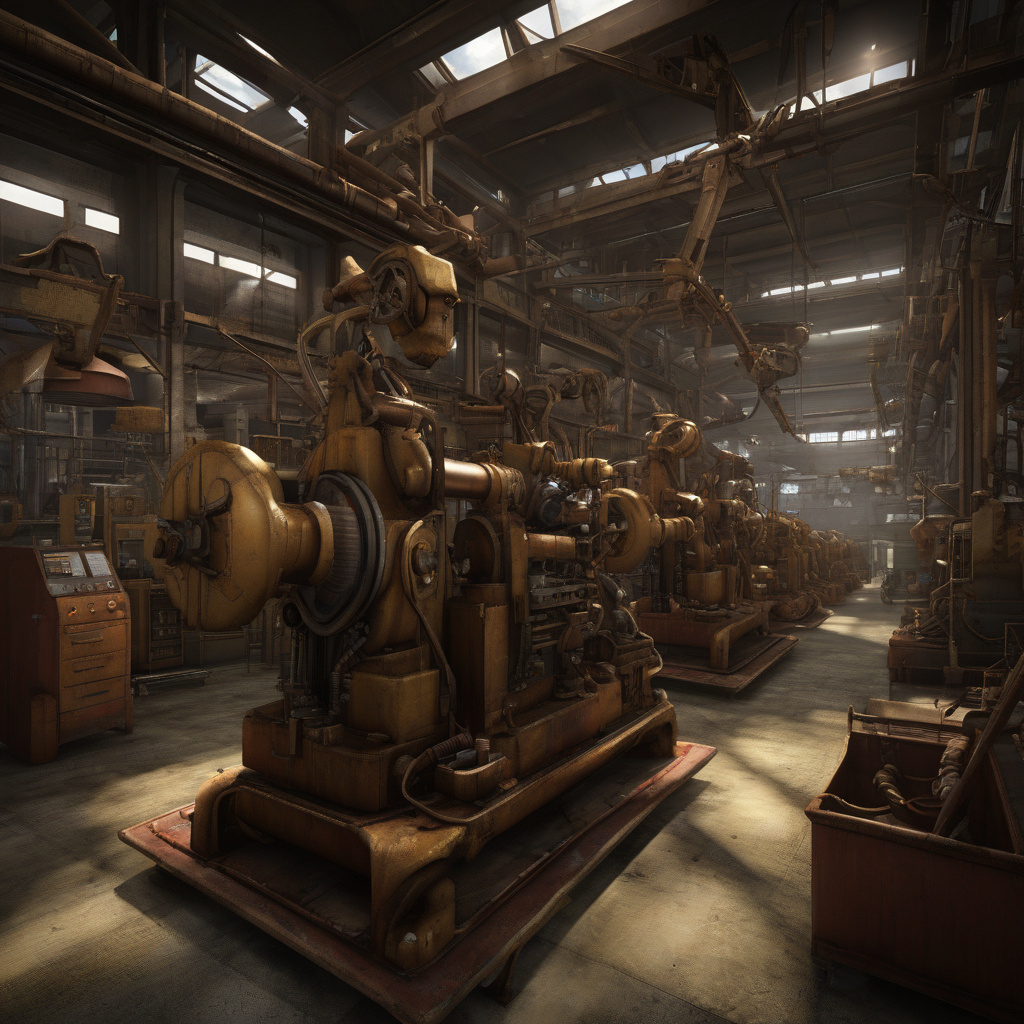In a world where Artificial Intelligence (AI) is transforming industries at an unprecedented pace, it’s intriguing to explore which sectors have been slower to adopt this cutting-edge technology. Recent data released by Anthropic sheds light on how AI is utilized across various occupations, offering valuable insights into the industries that have yet to fully embrace this digital revolution.
While AI has made significant inroads in sectors such as finance, healthcare, and marketing, there are still industries that have been relatively hesitant to integrate AI into their workflows. One surprising finding from the data is that the agriculture sector, traditionally associated with manual labor and traditional practices, has been slower to adopt AI compared to other industries.
Despite the potential for AI to revolutionize farming practices through precision agriculture, automated machinery, and data-driven insights, the agriculture industry continues to rely heavily on conventional methods. This reluctance to embrace AI in agriculture may stem from factors such as high initial investment costs, lack of awareness about AI applications, or concerns about the technology replacing human labor.
Another sector that lags behind in AI adoption is the construction industry. While AI has the potential to streamline project management, optimize building design, and enhance safety measures on construction sites, many companies in this sector still rely on traditional approaches. Challenges such as the fragmented nature of the construction industry, resistance to change, and the need for specialized AI solutions tailored to the sector’s unique requirements may be contributing to the slower uptake of AI in construction.
Additionally, the retail industry, despite being a pioneer in e-commerce and digital technologies, has been relatively slower in fully leveraging AI capabilities. While some retailers use AI for personalized recommendations, demand forecasting, and supply chain optimization, many others have yet to harness the full potential of AI in enhancing customer experiences and operational efficiency.
It is crucial for industries that have been slower to adopt AI to recognize the immense benefits that this technology can offer. From improved decision-making and cost savings to enhanced productivity and innovation, AI has the power to revolutionize operations across various sectors. By investing in AI education, fostering a culture of innovation, and partnering with AI experts, industries can overcome barriers to adoption and unlock the full potential of this transformative technology.
As the digital landscape continues to evolve, industries that have been hesitant to embrace AI must carefully consider the competitive advantages that AI can provide. By staying informed about AI trends, exploring pilot projects, and gradually integrating AI into their workflows, these industries can position themselves for long-term success in an increasingly AI-driven world.
In conclusion, while AI adoption varies across industries, sectors such as agriculture, construction, and retail have been slower to embrace this transformative technology. By understanding the benefits of AI, addressing barriers to adoption, and proactively integrating AI into their operations, these industries can unlock new opportunities for growth, efficiency, and innovation in the digital age.

